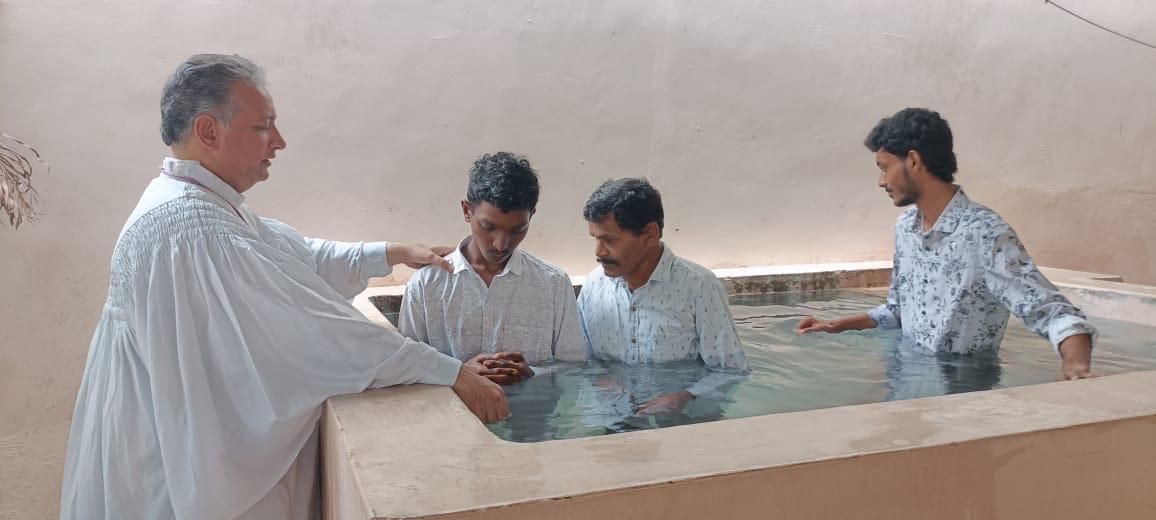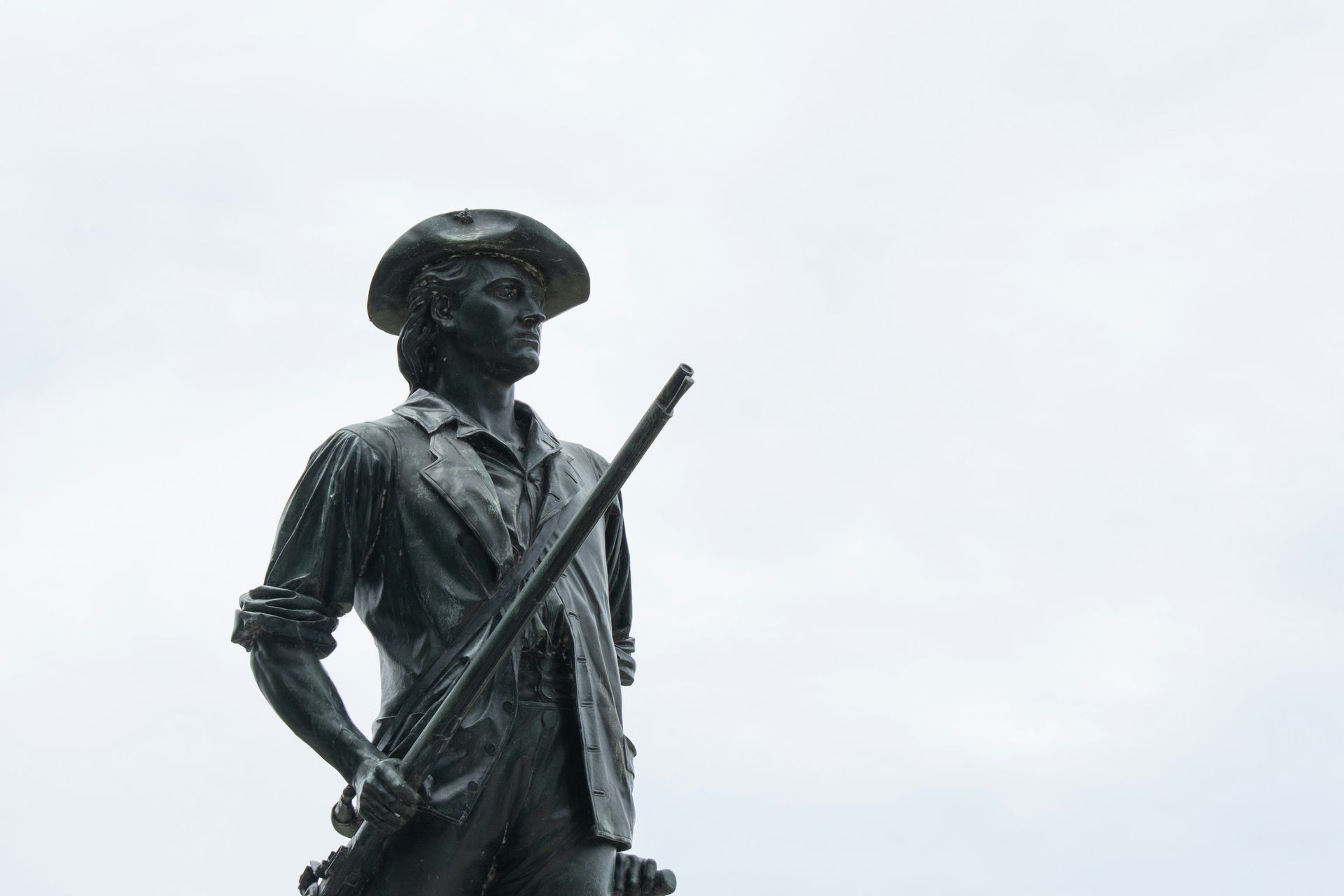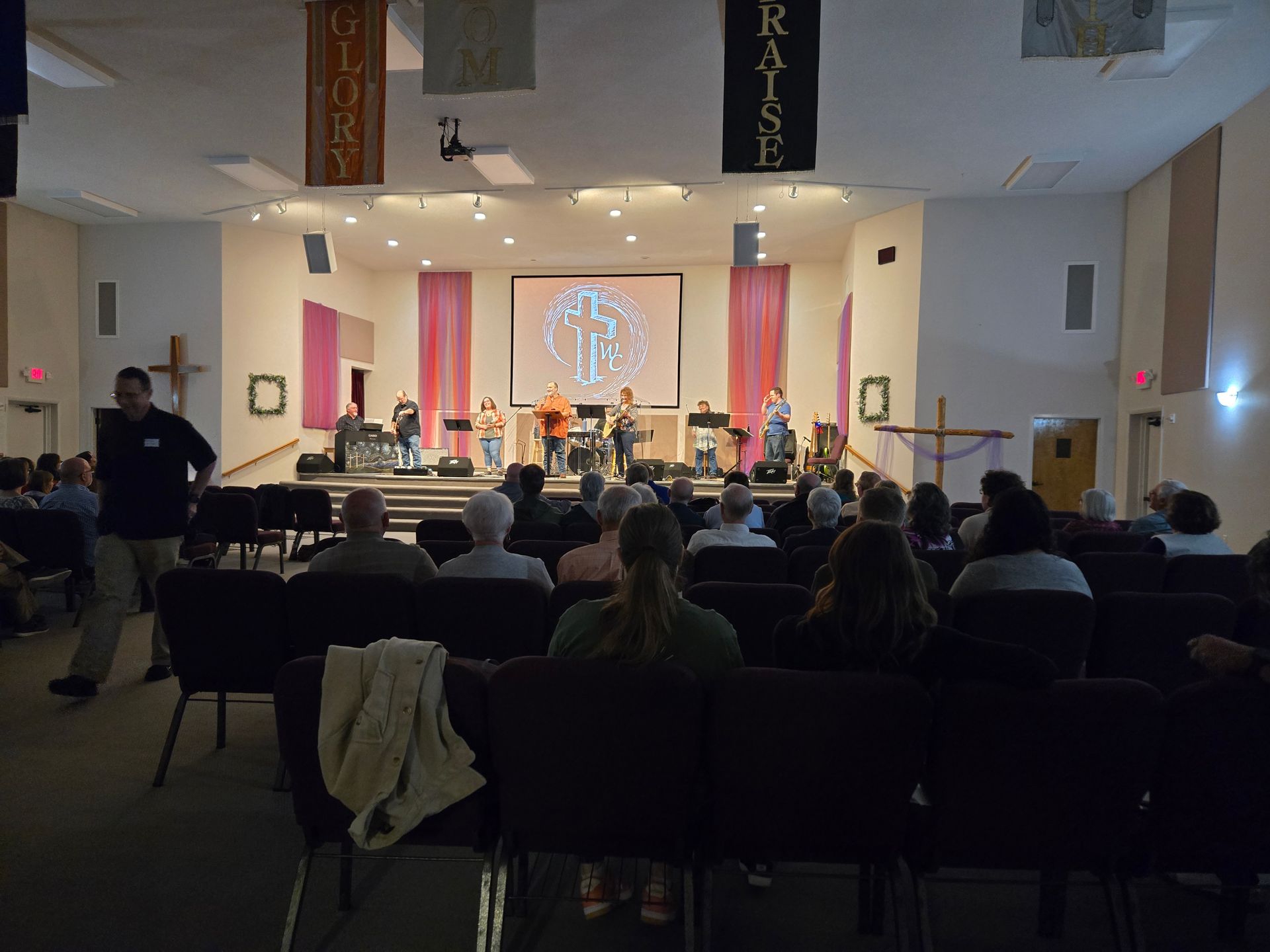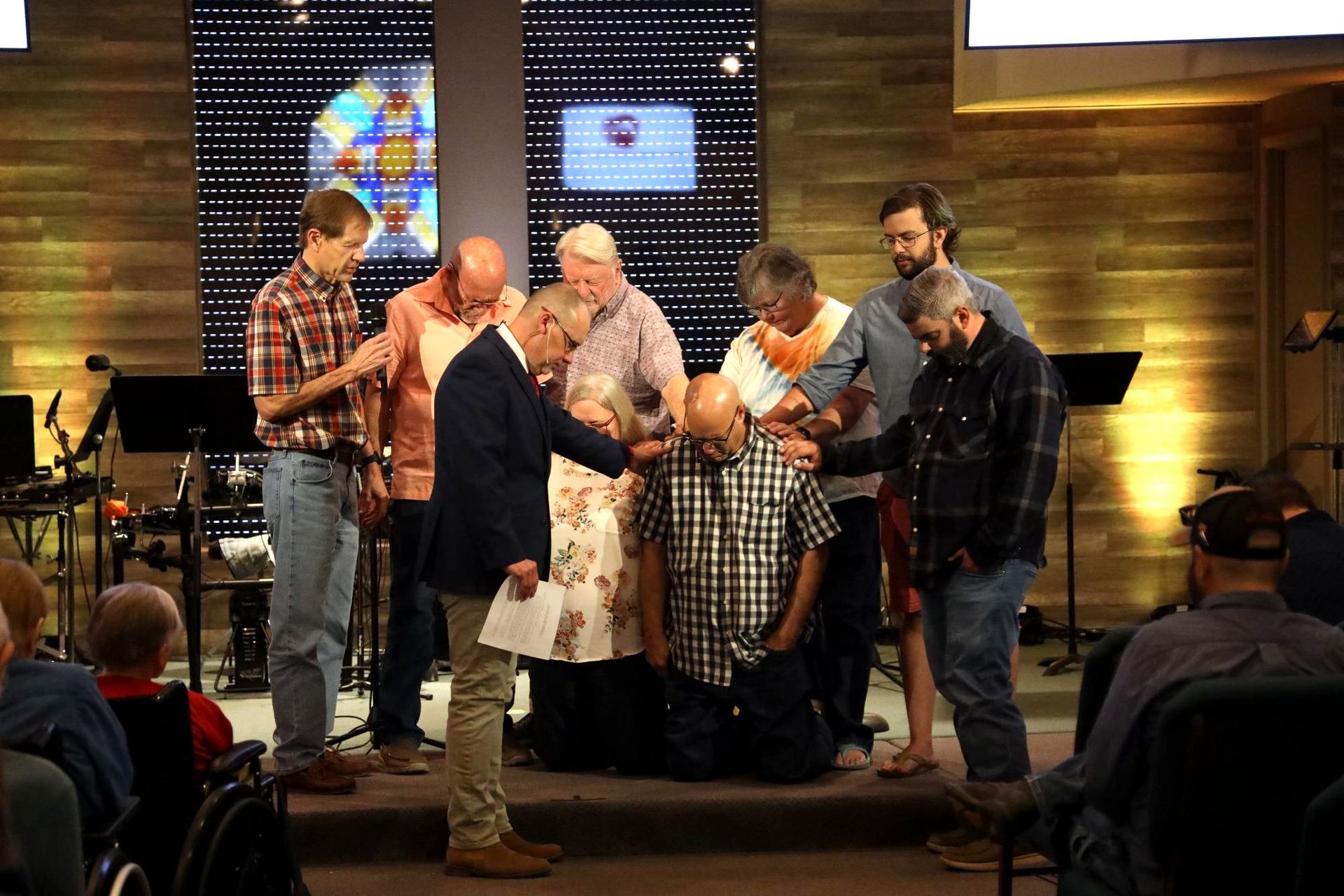By Steven Longenecker
•
April 23, 2025
By the rude bridge that arched the flood, Their flag to April’s breeze unfurled, Here once the embattled farmers stood, And fired shot heard round the world. “Concord Hymn,” Ralph Waldo Emerson, 1836. This is true. The American Revolution was transformative. One hundred years later, poet James Russell Lowell celebrated the modest span as “era-parting.” As the Concord militia ran across the bridge chasing retreating redcoats, they ran from one era into another. This is also true. The United States was the first government founded on the principle that “all men are created equally.” To be sure, this noble concept was very imperfectly implemented, but nobody else, certainly not European monarchies, even pretended to believe it. On April 19 we rightly celebrate the 250th anniversary of Concord, the beginning of a war that led to American independence. But there’s more. The first shots were not fired across Emerson’s “rude bridge” but on Lexington Common. Here three British companies faced the village militia. Major John Pitcairn, the British commander, ordered the Massachusetts men to disperse. The militia captain, John Parker, seeing that his men were significantly outnumbered, ordered them to break ranks and leave. But before they could, somebody—we still don’t know who—shot, and the British spontaneously responded with heavy fire. Then, again without orders, they charged, shooting and bayoneting, including the wounded. Historians disagree over whether British officers encouraged the melee or futilely screamed for order. Almost certainly, however, redcoats cut down fleeing militiamen. It was more massacre than battle. This atrocity, not Emerson’s “shot heard round the world,” inaugurated a lengthy, difficult, brutal war. The War for Independence lasted eight years, the longest conflict in American history until Vietnam and now fourth behind Afghanistan, Iraq, and Vietnam. Civilians were targeted, casualties high, and prisoners, when taken, treated inhumanely. Lexington wasn’t the only time in the war when wounded and surrendering soldiers were assaulted; both sides did it, but more often the British. As people of faith remember Lexington and Concord, they can find three takeaways. 1. Injustice creates conflict. Identifying wrongs inflicted upon us comes naturally, but the call is to recognize injustice felt by others. The colonists had legitimate grievances: They were unrepresented in Parliament and taxed without their consent, a fundamental injustice. Logically, they demanded self-government. For ignoring American complaints, Imperial leadership lost some of its most valuable colonies, and its military endured high casualties. The lesson is that release for the captives and freedom for the oppressed are both the right thing to do—"Blessed are those who hunger and thirst for righteousness”—and pragmatic because of the problems they solve. 2. Similarly, bad things happen when people stop listening to each other. Mostly, this falls again on the British. Even a few months after Lexington and Concord, independence was still not mainstream among Americans, who probably would have accepted something short of full sovereignty. How might the history of the British Empire evolved if it had listened and applied the Golden Rule? Tone-deafness cost the British severely. Likewise, may we remember that most arguments have two sides. The Empire’s anger over the extensive property damage caused by the Boston Tea Party feels legitimate. Refusal to concede that the other side has a point or two often has significant practical cost, in this case further widening the breach between the Empire and its seaboard colonies. This is not to say that Jesus compromised his values, but he lunched with tax collectors and sinners and, presumably, listened. 3. Wars are easier to start than to stop. This includes labor (strikes) and trade wars. The great conflict that started on Lexington Green lasted much longer than anybody thought. In fact, there was little deliberation. Tensions escalated and anger boiled until violence erupted, and once the floodgates of war opened, it took eight years and rivers of blood spilled before they closed. Blessed are the peacemakers, for they are not only the children of God but, in practice, they rescue society and, especially, innocents from the suffering of war. In the long run society is best served by peace (and justice). Do justice, listen, and make peace: Put together, these lessons from Lexington are foundation stones of Christian behavior, and they equip Brethren to be the salt of the earth in tumultuous times. Steve Longenecker is Professor of History, emeritus, at Bridgewater College (VA). Photo by Donovan Reeves on Unsplash




















